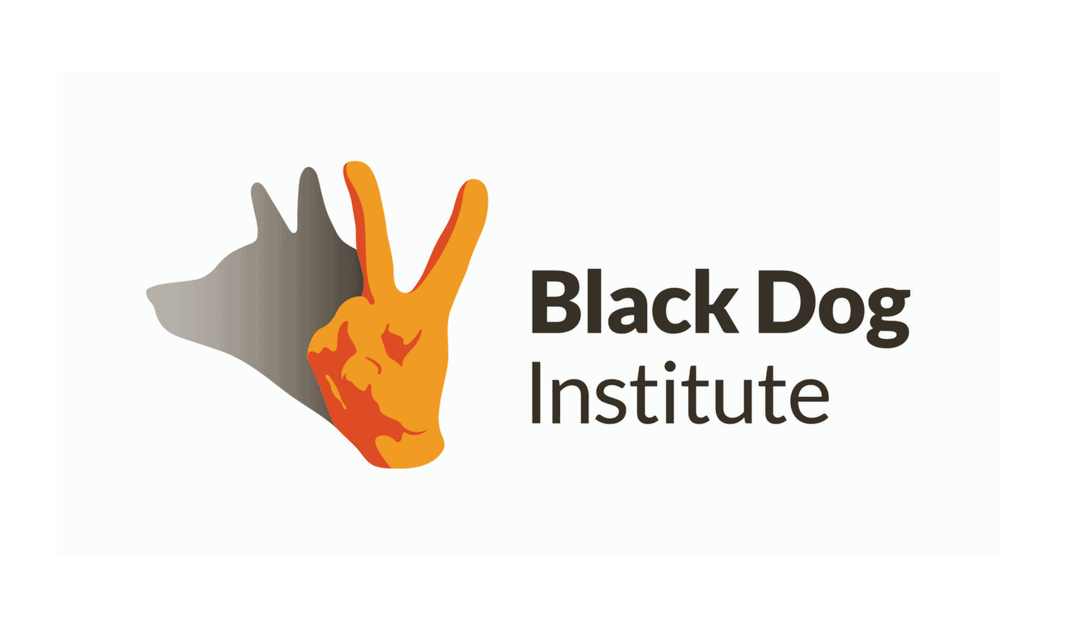
by Thomas Lethenborg | Aug 30, 2016 | News, Press releases
Copenhagen, Denmark – 30 August 2016. Monsenso, the Copenhagen-based technology company developing mHealth solutions for mental illnesses, today announced a partnership with The Black Dog Institute in Australia.
Black Dog Institute is a pioneer in the identification, prevention and treatment of mental illness and the promotion of well-being. The Institute will conduct feasibility studies to determine if the Monsenso mHealth solution can be used to collect much needed data for a number of large-scale mental health trials.
“The mission of Monsenso and that of Black Dog are highly aligned. We both aim to enable better mental health care through innovation and science, therefore this is an exciting moment for both parties” said Thomas Lethenborg, CEO at Monsenso. “Monsenso is looking to build sustainable, long-term partnerships, with the ultimate goal of delivering better care, to more people, and at lower cost.”
As part of the on-going collaboration between Monsenso and the Black Dog Institute, Mads Frost, Chief Product Officer of Monsenso, has been invited to participate as a guest-speaker at the conference “Humans and Machines: A Quest for Better Mental Health” organised by Black Dog.
Helen Christensen, Director of the Black Dog Institute, said the trial would allow them to collect real-time information using a device that most people carry at all times – their Smartphone. “Our focus will be on collecting self-reported daily mood ratings and activity data that may be used to predict changes in mental health conditions over time. Ultimately these sorts of tools can be used to deliver real time assistance to those in distress at the time they most need help. However, like all good research and development projects, our aim is to test the validity of these approaches; their feasibility and the extent that they can provide better health care services. Ultimately, we hope to use these sorts of tools in our national programmes involving youth mental health and suicide prevention.”
The Monsenso mHealth solution for mental illnesses holds a CE mark and a TGA certification and it has been technically and clinically validated in clinical evaluation studies and randomised clinical trials. Furthermore, Monsenso is in the process of obtaining the ISO 13485 and ISO 27001.
For additional information contact:
Jennifer Highland
Marketing and Communications Manager
Monsenso
+45 81 71 7713
highland@monsenso.com
Gayle McNaught
Head of Public Affairs
The Black Dog Institute
g.mcnaught@blackdog.org.au
About The Black Dog Institute
The Black Dog Institute is a not-for-profit organisation which is internationally recognised as a pioneer in the identification, prevention and treatment of mental illnesses, and the promotion of well-being. We are dedicated to improving the lives of people affected by mental illness through the rapid translation of high quality research into improved clinical treatments, increased accessibility to mental health services and delivery of long-term public health solutions. Our unique approach incorporates clinical services with our cutting-edge research, our health professional training and community education programs. We combine expertise in clinical management with innovative research to develop new, and more effective, strategies for people living with mental disorders. For more information visit www.blackdoginstitute.org.au
You can download this article as PDF in English and Danish

by Thomas Lethenborg | Apr 19, 2016 | Blog, Depression
Using mHealth for suicide prevention is cost-effective and scalable. Every year, more than 800,000 people take their own lives and there are many more people who attempt suicide. Every suicide affects families and communities, leaving long-lasting effects on the people left behind. In 2012, suicide was the second leading cause of death among 15–29-year-olds globally. [1]
Suicide is a serious public health problem; however it can be prevented with timely, evidence-based and often low-cost interventions. [1]
There isn’t a single cause for suicide. Most often, it occurs when stressors exceed the current coping abilities of individuals suffering from a mental health condition. Conditions like depression, anxiety, and substance abuse increase the risk for suicide, especially when unaddressed. Yet it’s important to note that most people who actively manage their mental health conditions lead fulfilled lives. [2]
Most suicidal individuals give warning signs or signals of their intentions. The best way to prevent suicide is to recognize these warning signs and know how to respond. [3]

A study conducted in Denmark from 1981 to 1997 aimed to explore suicide risk according to time since admission, diagnosis, length of hospital treatment, and number of prior hospitalisations.
The study revealed that suicide risk peaks in periods immediately after admission and discharge. The risk is particularly high for patients with affective disorders and for those with short hospital treatment. These findings should lead to systematic evaluation of suicide risk among inpatients before discharge and corresponding outpatient treatment, and family support should be initiated immediately after the discharge. [4]
“There isn’t any time to lose,” says Thomas Lethenborg, CEO at Monsenso. “Suicide attempts are extremely high the week after patients are being discharged from the hospital. It’s very difficult for the patient and their families to know what to do, and this is where the Monsenso mHealth solution can make a huge difference,” Mr. Lethenborg added.
The Monsenso mHealth solution can help clinicians to remotely monitor patients who have been recently discharged from hospital. After being discharged, patients will be urged to download the Monsenso smartphone app where they will fill in daily self-assessments revealing their current state of mind.
With the information collected by the self-assessments, the smartphone app can reveal if a patient presents any warning signs of suicide and send a notification to the clinician. Every day, healthcare professionals can use the web portal to review the patients’ data, and contact the patients at risk who have been indicated by the system.
Additionally, the Monsenso mHealth solution can also allow family carers to monitor their loved one’s behaviour and intervene if necessary.
“The mental health system in Europe was poorly equipped to monitor recently-discharged suicide patients, until now,” said Mr. Lethenborg. “I am confident that the Monsenso mHealth solution can help the healthcare systems in Europe to reduce the number of suicides by empowering patients, family caregivers, and healthcare professionals to intervene before it is too late,” he added.
References:
[1] World Health Organization Fact sheets
http://www.who.int/mediacentre/factsheets/fs398/en/
[2] American Foundation for suicide prevention
http://afsp.org/about-suicide/risk-factors-and-warning-signs/
[3] HelpGuide.org
http://www.helpguide.org/articles/suicide-prevention/suicide-prevention-helping-someone-who-is-suicidal.htm
[4] Suicide Risk in Relation to Psychiatric Hospitalization. Evidence Based on Longitudinal Registers. Jama Psychiatry. Ping Qin, MD, PhD; Merete Nordentoft, MD, PhD. 2005
http://archpsyc.jamanetwork.com/article.aspx?articleid=208501



